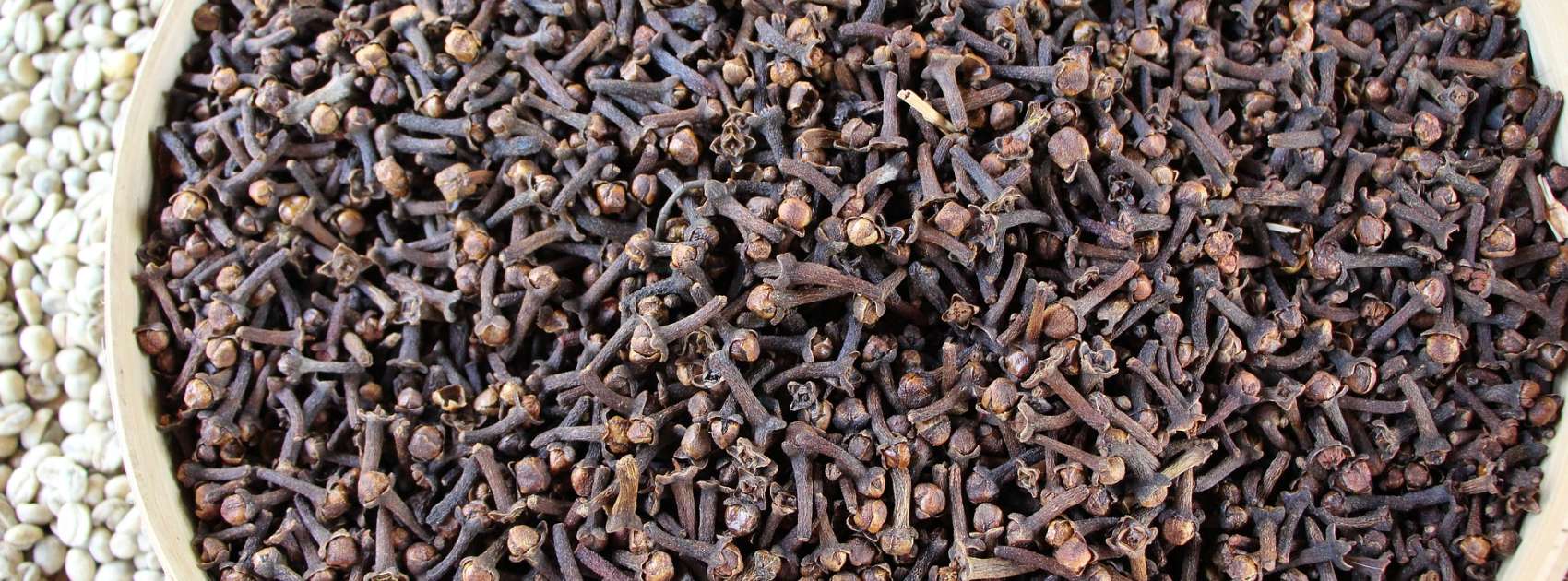Comoros
As a least-developed country (LDC), the Comoros is a beneficiary of the EU's "Everything but Arms" (EBA) arrangement. The World Bank classifies the Comoros as a lower middle-income economy with a per-capita income of $1,590 in 2023. Total EU imports from the Comoros amounted to about €9.2 million in 2023, and preferential imports to €4.0 million.
What is the EBA?
The EBA arrangement covers all LDCs as classified by the United Nations. This arrangement enables duty-free and quota-free access for all products originating in LDCs except for arms and ammunition. Unlike beneficiaries of the Standard GSP and GSP+, LDCs are not excluded from the scheme if they benefit from other preferential arrangements or agreements with the EU.

At a glance: EU preferential imports from EBA beneficiary countries (2023, € million)
0.9M (2023)
Population
Federal Presidential Republic
Government
3.0% (2023)
GDP Growth
8.5% (2023)
Inflation
$ 1.4B (2023)
GDP
Facts about The Comoros' economy
Island Economy
Comoros is an archipelago island nation located off the eastern coast of Africa. The volcanic islands are covered by mountainous terrain.
Export Products
The Comoros' most important export goods are cloves, vanilla, and essential oils.
Trade Partners
The Comoros' most important trading partners are the United Arab Emirates and the EU. The largest share of exports, almost 30%, went to the EU in 2023. The most important sources of imports are the UAE, the EU and Pakistan.
Economic Structure
The agricultural sector remains the backbone of the economy, with subsistence farming accounting for the largest share. Cloves, ylang-ylang, and vanilla are the main sources of foreign exchange earnings. The manufacturing sector is closely intertwined with the agricultural outputs and focusses on the processing of vanilla, cloves and copra and the production of essential oils.
Ylang-Ylang and Vanilla
Despite its small size, the Comoros is the world’s largest producer of ylang-ylang essence which is used in perfumes. Additionally, the Comoros is the world’s second largest producer of vanilla.
Trade with the EU
Total trade with the EU summed up to €63 million in 2023. With 15% of total trade, the EU is the Comoros' second most important trading partner, but the largest export market.
The Comoros and the EU
Imports from the Comoros by product section (2023, € million)
Imports from the Comoros over time (€ million)
THE COMOROS AND THE EU GSP
Economic Impact
48%
Share of the Comoros' exports to the EU that were eligible for EBA preferences in 2023.
92%
Comoros's preference utilisation rate in 2023.
96%
Share of zero-duty imports from Comoros.
Preference utilisation and export diversification
EU imports from Comoros (€ million)
Preference utilisation (%) vs. total eligible imports (in € million)
The Comoros' utilisation of EBA preferences has been very high in recent years - above 90% in 2022 and 2023. This is entirely due to preferential exports of the product section coffee, tea and spices - no other products (few of which are exported to the EU in any case) make use of the preferences. Nevertheless, both total imports and EBA-eligible imports decreased substantially in recent years.
The largest product sections under EBA (€ million, 2023)
The only Comoros product using the preferences granted under the EBA is vanilla, which in 2023 represented 46% of total imports and 97% of preference-eligible imports.
SUSTAINABLE DEVELOPMENT
As a beneficiary of the EBA, the Comoros is not required to ratify any conventions to be able to benefit from preferential access to the EU market. Nonetheless, the Comoros has ratified 13 out of the 15 core international conventions on human and labour rights, and has signed but not ratified the remaining two (the two International Covenants on Civil and Political Rights, and on Economic, Social and Cultural Rights). The Comoros has also ratified all of the 12 conventions on environmental protection and good governance listed in the GSP Regulation.
Core international conventions on human rights and labour standards
Ratified
- Convention on the Prevention and Punishment of the Crime of Genocide (1948)
- International Convention on the Elimination of All Forms of Racial Discrimination (1969)
- Convention on the Elimination of All Forms of Discrimination Against Women (1981)
- Convention Against Torture and other Cruel, Inhuman or Degrading Treatment or Punishment (1987)
- Convention on the Rights of the Child (1990)
- Convention concerning Forced or Compulsory Labour, No 29 (1930)
- Convention concerning Freedom of Association and Protection of the Right to Organise, No 87 (1948)
- Convention concerning the Application of the Principles of the Right to Organise and to Bargain Collectively, No 98 (1949)
- Convention concerning Equal Remuneration of Men and Women Workers for Work of Equal Value, No 100 (1951)
- Convention concerning the Abolition of Forced Labour, No 105 (1957)
- Convention concerning Discrimination in Respect of Employment and Occupation, No 111 (1958)
- Convention concerning Minimum Age for Admission to Employment, No 138 (1973)
- Convention concerning the Prohibition and Immediate Action for the Elimination of the Worst Forms of Child Labour, No 182 (1999)
Not Ratified
- International Covenant on Civil and Political Rights (1976)
- International Covenant on Economic Social and Cultural Rights (1976)
Additional Conventions
- Convention on International Trade in Endangered Species of Wild Fauna and Flora (1973)
- Montreal Protocol on Substances that Deplete the Ozone Layer (1987)
- Basel Convention on the Control of Transboundary Movements of Hazardous Wastes and Their Disposal (1989)
- Convention on Biological Diversity (1992)
- The United Nations Framework Convention on Climate Change (1992)
- Cartagena Protocol on Biosafety (2000)
- Stockholm Convention on Persistent Organic Pollutants (2001)
- Kyoto Protocol to the United Nations Framework Convention on Climate Change (1998)
- United Nations Single Convention on Narcotic Drugs (1961)
- United Nations Convention on Psychotropic Substances (1971)
- United Nations Convention against Illicit Traffic in Narcotic Drugs and Psychotropic Substances (1988)
- United Nations Convention against Corruption (2004)
EU-The Comoros Bilateral Development Cooperation
DG INTPA
Access all info about EU-Comoros relations on the International Partnerships website.
